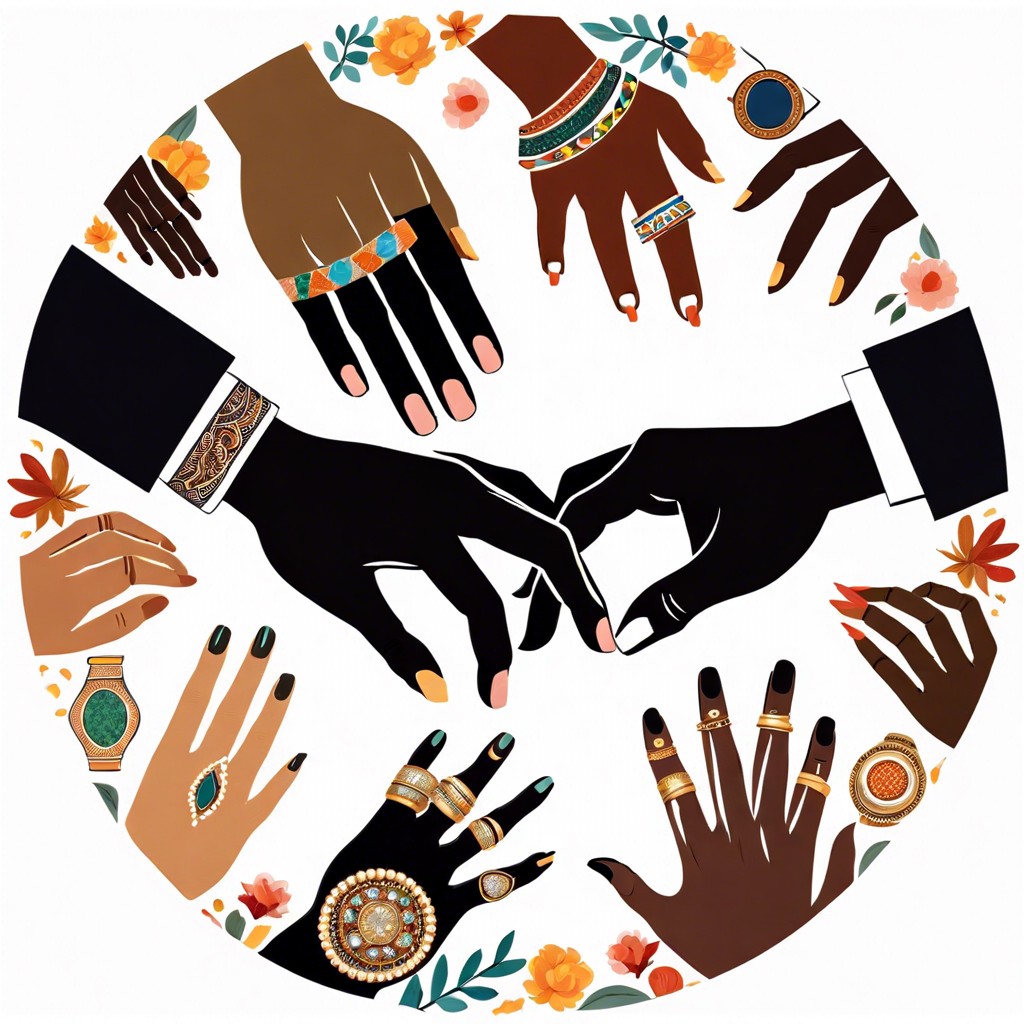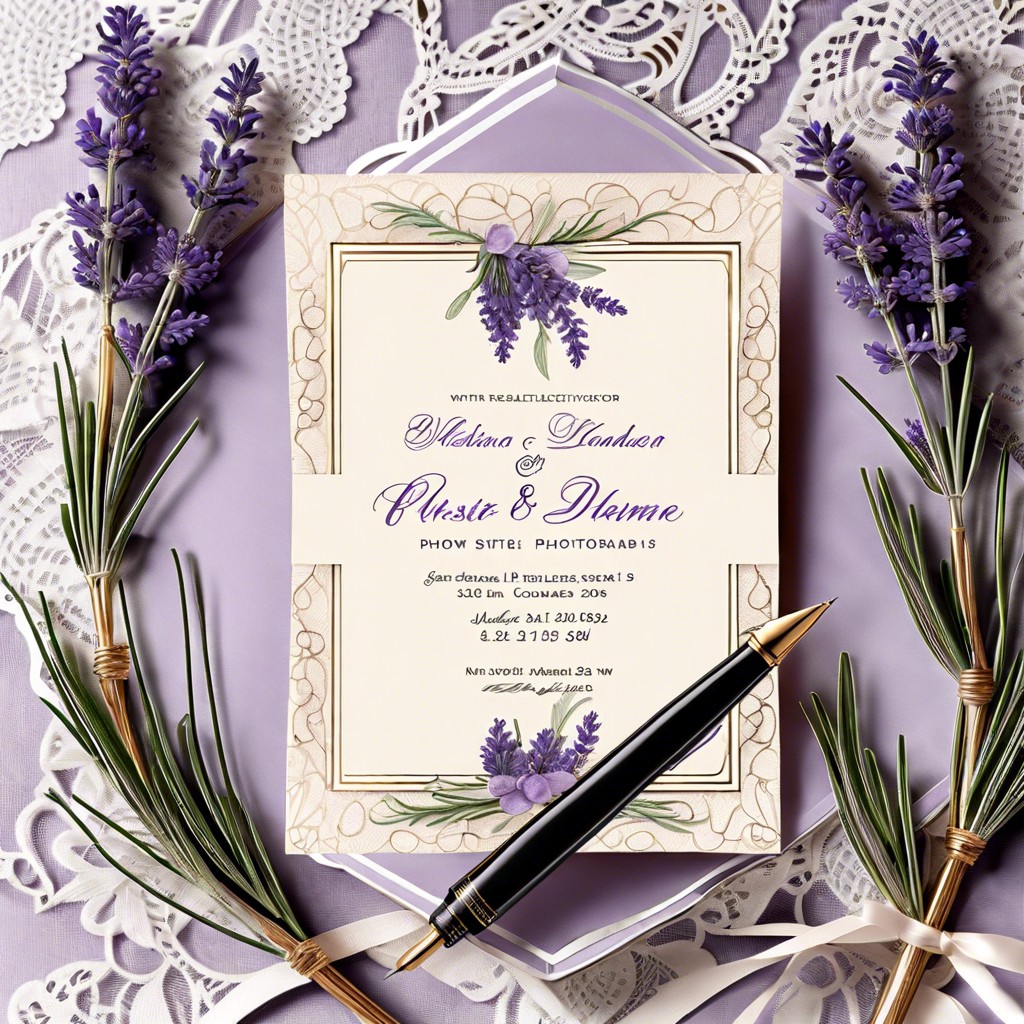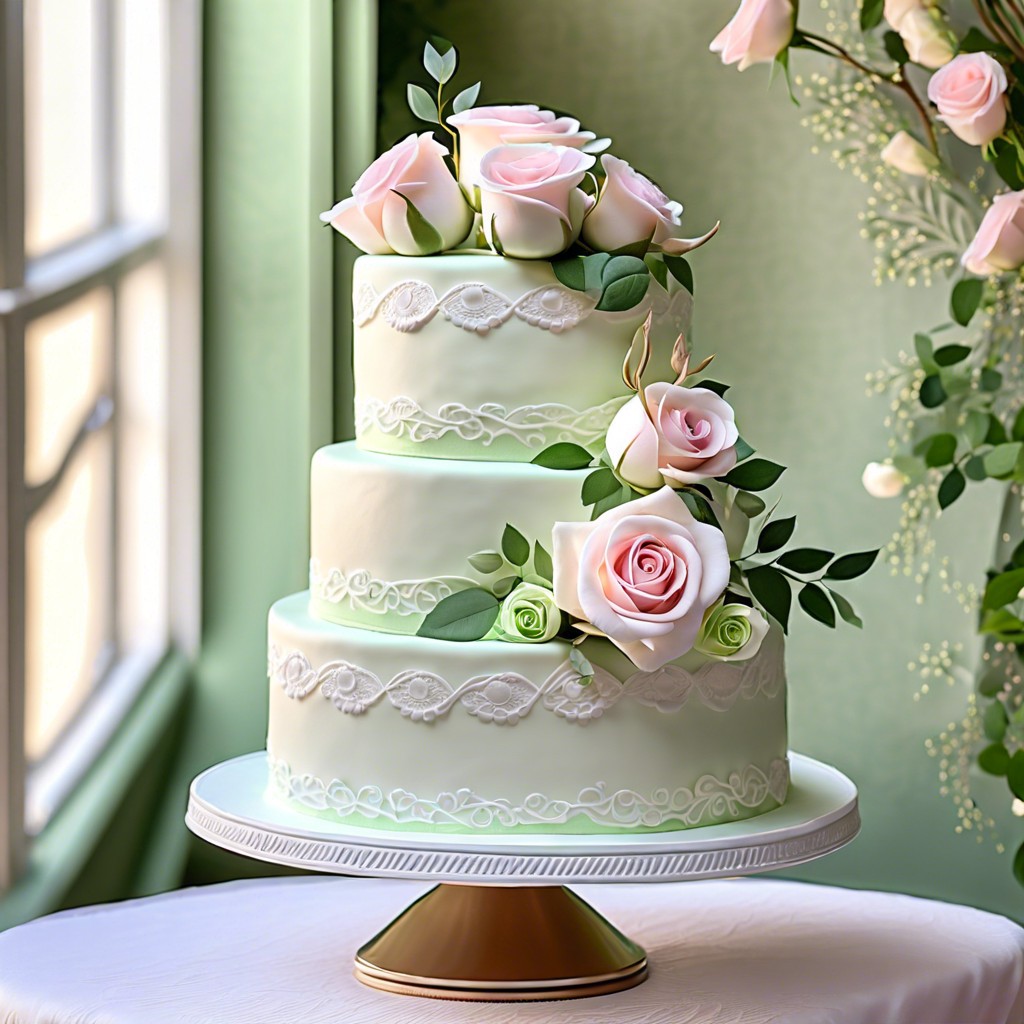This article provides a comprehensive wedding checklist to ensure every detail is accounted for in your planning process.
Key takeaways:
- Determine your budget and prioritize spending.
- Select a venue that suits your guest list and theme.
- Hire essential vendors who align with your vision.
- Shop for wedding dress and rings early.
- Create a guest list and send out invitations in a timely manner.
Determine Your Budget

Knowing your financial limits sets the stage for all subsequent planning. Begin by discussing with any contributors to understand who will be paying for what. Then, prioritize what aspects of your big day are most important to you—perhaps it’s the venue, the food, or the music. Consider allocating a larger portion of your budget to these high-priority items.
Be realistic about what you can afford and account for hidden costs such as gratuities, taxes, and additional fees. It’s useful to reserve about 5% of your budget for unexpected expenses. A budget tracking tool or spreadsheet can be invaluable in keeping your finances organized and transparent throughout the planning process. Stay vigilant about logging every expense to avoid going over budget.
Select the Venue
Choosing the right setting sets the stage for your special day. When scouting locations, consider the following:
- 1. Capacity: Ensure the space comfortably accommodates your guest list.
- 2. Style: Look for a venue that reflects your desired wedding theme.
- 3. Availability: Check if your preferred date is open and book early to secure it.
- 4. Location: Think about the convenience for guests, including transport and accommodation options.
- 5. Amenities: Confirm if the venue provides essentials like chairs, tables, and audio equipment.
- 6. Restrictions: Be aware of any venue rules, such as noise limitations or decor restrictions.
- 7. Cost: Make sure the venue fits within your budget, including any hidden fees.
When you find a venue that ticks all these boxes, you’re well on your way to creating the magical setting for your nuptials.
Hire Essential Vendors (Photographer, Officiant, Caterer)
Securing the right professionals to bring your wedding day to life is crucial. For captivating memories, choose a photographer whose style resonates with your vision.
When seeking an officiant, consider their ability to reflect your relationship’s unique narrative.
Catering is not just about delicious food, but also efficiency in service and ability to accommodate dietary restrictions.
Always review portfolios, read testimonials, and conduct interviews to ensure these vendors align with your expectations and can work seamlessly together to construct your dream wedding.
Remember, their availability often books up quickly, especially during peak seasons, so prompt decision-making followed by signed contracts will secure their commitment to your date.
Buy Wedding Dress and Rings
Begin your search for the perfect dress by browsing bridal magazines or websites for styles that flatter your body shape. Schedule appointments at bridal shops, and consider taking someone whose opinion you trust. Don’t forget to factor in the time for alterations, which can take several months.
When it comes to rings, research different metals and stones to decide what suits your lifestyle and taste. It’s wise to shop for bands early to ensure they’re ready in time for your wedding day. Remember to get sized properly and consider warranties or insurance for these precious items.
Create a Guest List and Send Invitations
Constructing your guest list sets the stage for your celebration. Reflect on the size and style of your wedding to guide you in choosing who to invite. Keep in mind, each addition means a potential increase in your budget due to catering costs and seating arrangements.
Begin with immediate family members, followed by extended family, friends, colleagues, and plus-ones, if applicable. Balance your partner’s guest list size with your own to ensure equity and avoid conflicts. Use tools like spreadsheets to manage your list efficiently, noting responses and any special dietary needs or accommodations required.
As for invitations, select a design that mirrors the theme and formality of your event. Send them out with ample time for guests to RSVP – typically six to eight weeks before the wedding day. Remember to include all necessary information, like the date, time, location, dress code, and RSVP instructions, to ensure a clear and seamless communication with your guests.



